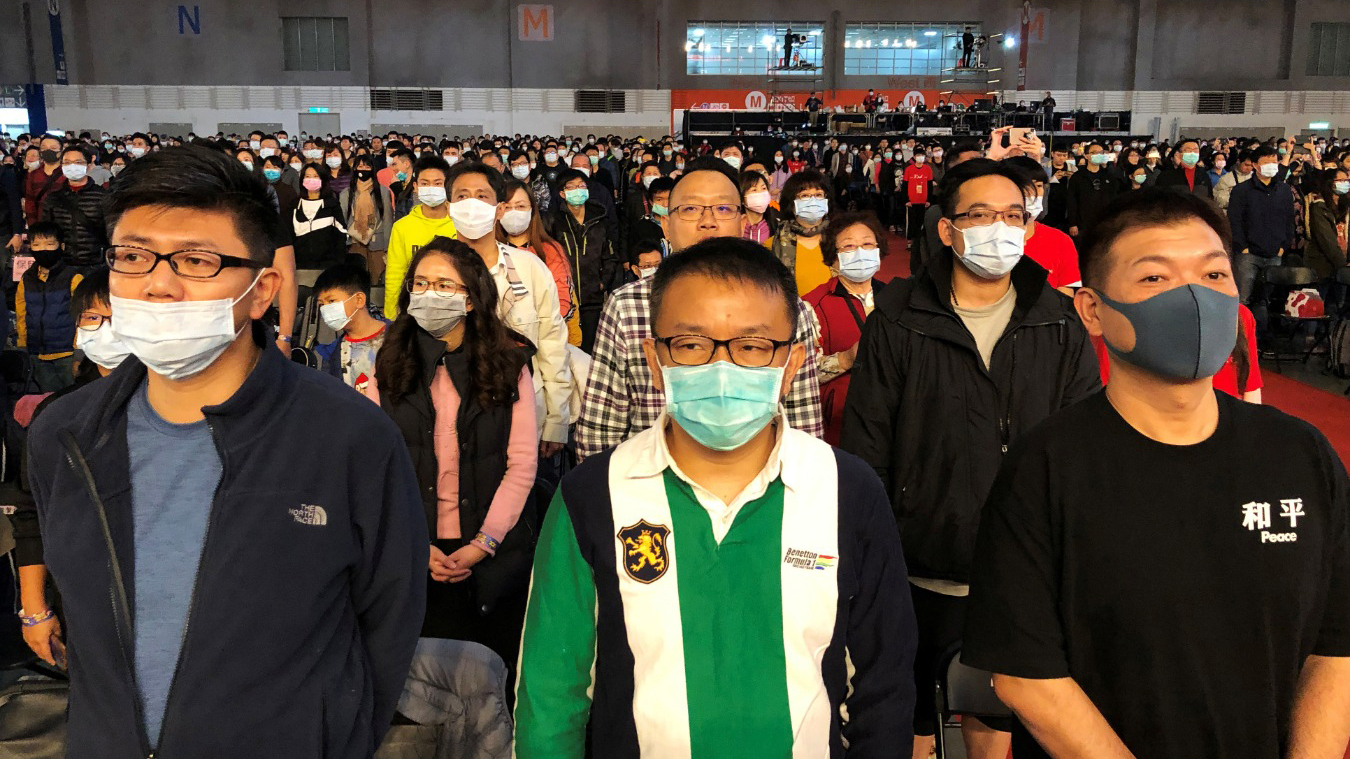Observing the spread of the COVID-19 around the world, what’s striking is not so much countries like Italy, which have been overwhelmed by cases, but countries like Taiwan, Singapore and Hong Kong, which have not.
At first blush, Taiwan would be thought to be uniquely vulnerable: densely populated, with close social and ethnic ties to mainland China, and frequent flights back and forth. Yet Taiwan has had (to date) only 67 cases and one death.
Just what is Taiwan doing right?
Taiwan’s plan — which included 124 discrete action items and impressive coordination in implementation at the first signs of trouble — saved the island from a serious coronavirus outbreak. The 124 action items include travel bans, quarantines, surveillance steps, social distancing, and more. It’s too late for the US to put all of their lessons to use, but it’s not too late to benefit from a few.
Like generals, public health officials invariably start off fighting the last war: in Taiwan’s case, the “last war”, SARS, left them uniquely prepared.
The most important thing about crisis management is to prepare for the next crisis. And so they started to do that. They set up a command center, the National Health Command Center, and integrated different agencies.
It was a 24/7 command center. There’s the media room, there’s the data room where the data from different local governments could come in, there’s a place for people to rest, so you could actually sleep there. And so you get data analysts there, you have different experts there, you have people talking to the media, the information center, people managing logistics[…]We need to test people for Covid-19, and refer that data back to the command center so we have real-time reporting for action.
Primed by SARS, the Taiwanese reacted rapidly to the appearance of a new viral infection in Wuhan. Testing began on New Year’s Eve.
When there were only a very few cases reported in China, [Taiwanese health authorities] already went onto every airplane that came from Wuhan. Health officials came on the airplane and checked people for symptoms.
[…]Taiwanese medical authorities were on the first plane from Wuhan at the start of the outbreak, already looking for cases, so they didn’t end up in a place where the disease wasn’t even discovered until there was lots of community spread and lots of tests needed.
[…]That’s the way we ought to treat these kinds of epidemics. It’s okay to be overly cautious.
You can relax afterward, if it turns out to be nothing.
For many Western countries, the most notable symptom of the pandemic so far has been the outbreak of panic, especially fuelled by the media.
The government very quickly began hosting a press conference every day, sometimes more than once a day.
The Australian government has been doing the same. The media have mostly ignored them in favour of peddling hysteria. In fact, the government would be well advised to mostly bypass the legacy media and target citizens directly. For instance, government updates have started popping up when I log onto YouTube.
We need to educate the public, communicate with the public a lot more, at the moment[…]you really need to have people be more knowledgeable — and look, it’s quite possible. For example, text people, and say, “There have been three cases where you live.” It’s quite possible, right? We all have phones, right? If there is some burglary, a fire, or something like that, I get a message, I get Amber alerts and all that.
Well, why can’t we create some alert system like that where you say, “Look, there’s been a hot spot in this mall. Try not to go there”? And then everybody who was close to the mall would get this message[…]They’ll know to self-quarantine. And if they have symptoms, they should inform a public official. They shouldn’t just go into the hospital because they could spread to other people.
In the meantime, Western countries need to go on a war footing. In Australia, for instance, the government is calling on retired medicos to make themselves available should the need arise. Supermarkets are trialling special shopping hours for the elderly (which, admittedly, was a complete balls-up on its first day).
[We have] enormous capacity that’s currently not being used[…]But right now those are untapped resources. They’re not working together. And the federal government, the agencies, they need to collaborate a little more closely.
If you enjoyed this BFD article please consider sharing it with your friends.

